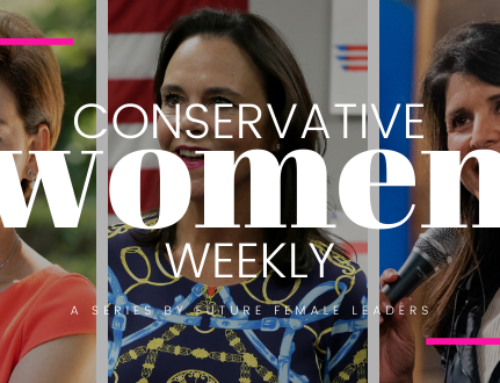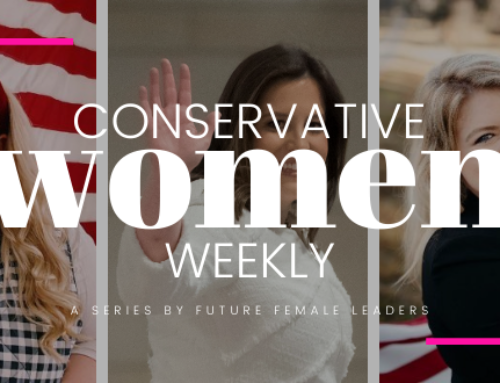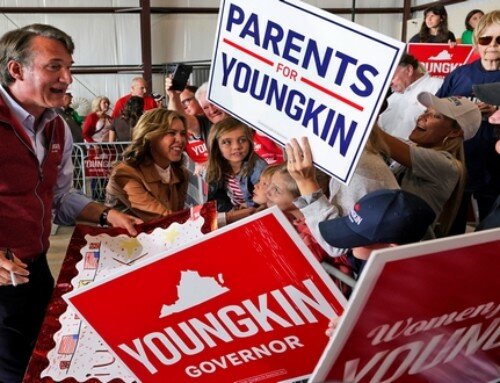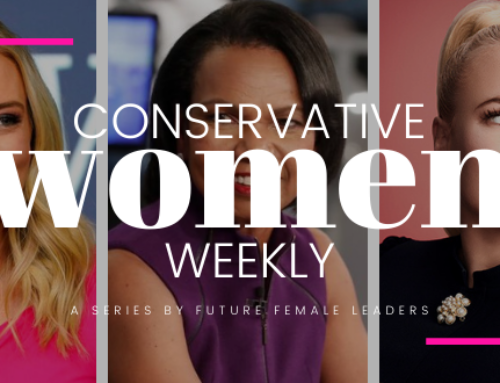There is no better time than high school to lay the foundation for a successful career in politics. Your coursework likely won’t be as intense as college classes, part-jobs may not yet be financially necessary for your family, and you’ll stand out when applying for college. Plus, anyone who begins their career in high school will automatically have an advantage in the job market: at least four more years of relevant experience compared to their competitors. It may be a bit intimidating to get started given your young age, but if you follow this advice, you’ll be well on your way to the White House in no time!
Publish your writing.
By publishing your writing, you will further develop your research abilities, improve your clarity, expand your vocabulary, increase your knowledge of current events, and collaborate with editors, thus helping you learn about professional communication. In addition to skill-building, having your name attached to a byline will give you even more credibility when applying for other opportunities and increase your name recognition on social media. Many major media outlets will only work with authors who’ve already been published, so it’s important to begin accumulating bylines early. Future Female Leaders, Lone Conservative, the Daily Caller, and Townhall Media are all great sources to start with!
Attend political conferences.
Young America’s Foundation and Turning Point USA are two of the many Conservative organizations that host events for high school students. At these conferences, you’ll have the opportunity to hear a variety of leaders in the movement discuss policy, current events, their own careers, and how you can make a difference. You’ll also meet like minded peers and expand your network, both of which are critical to your future success.
Volunteer on a local campaign.
Regardless of their current position, nearly every successful figure in politics – from both sides of the aisle – has volunteered on a campaign. Simple tasks like knocking on doors, calling voters, having text conversations, and attending events are learning experiences; you’ll gain insight into marketing, branding, public speaking, public relations, and, of course, government. Campaign volunteers often move up the ladder fast, and the role will likely lead to another along your career trajectory. Use social media to research who is running for office in your area, learn about their platforms, and, ultimately, contact their campaign.
Take an online course or training.
There are so many classes available online for you to choose from – a simple google search will bring you thousands of results! I recommend checking out the Heritage Foundation’s Academy and the Leadership Institute’s online trainings, many of which are tailored to youth audiences. Some local governments and libraries also have subscriptions to online learning platforms, so look into those as well.
Think strategically about social media.
Many high school students have gained popularity on Twitter, Instagram, and TikTok by talking about current events. While this absolutely is a way to build a brand around yourself and directly reach your role models, there are a few questions to consider. Firstly, any content cultivation, especially quality content cultivation, takes time (a lot of it). Unfortunately, even if you are committed to your profiles, you may not reach the level of influence you’re trying to by posting organically, thanks to algorithms, paid promotions, and a myriad of other factors. It’s up to you to decide whether the time is worth it. Furthermore, the posts you make on social media now will follow you for the rest of your career, which can pose problems especially if you’re planning to run for office or have a public life. Simply put, social media can make careers, but it can also break them.
These five strategies will lead you to finding a mentor, increasing your name recognition in political circles, building a network, and growing your own knowledge, thus putting you on the path to success in college and beyond.
Madison S
CABINET











